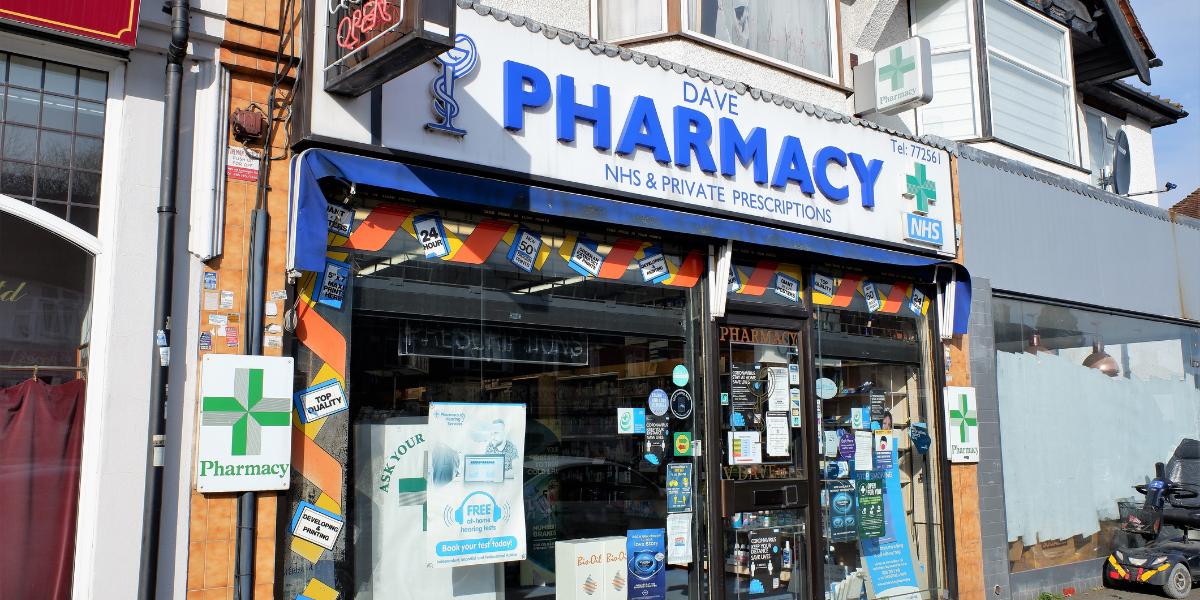Plans to free up 15 million GP appointments will see pharmacists offering prescriptions for seven common conditions for the first time.
Described as a “real game-changer” for patients, the proposals will also see pharmacies offer more blood pressure checks and oral contraception for women without the need to see a GP or nurse first.
In a bid to cut GP waiting times, people experiencing the following conditions will now be able to be prescribed treatment from a pharmacist:
- Earache
- Sore throat
- Sinusitis
- Impetigo
- Shingles
- Infected insect bites
- Uncomplicated urinary tract infections
However, critics have described the plans as “merely tinkering at the edges” and have said that radical reforms and proper funding is needed to tackle GP shortages and “intense” workload.
The government and NHS England announced the plans this week, saying the aim is to free up 15 million GP appointments over the next two years.
Figures show that there was a two-week wait or more for 24 million GP appointments in the last five months.
While the new pharmacy prescribing scheme has been called a “real game-changer” by chair of the Royal Pharmaceutical Society in England, Thorrun Govind, others have warned that not all pharmacies will be able to deliver these services, which could cause more delays and frustration for patients.
Concerns have also been raised that patients may not be able to identify when a condition is more serious, or whether an urinary tract infection is ‘uncomplicated’ or not.
The plans, which are set to be rolled out this winter at a cost of around £645m, will see the number of blood pressure checks carried out in pharmacies double to 2.5 million a year.
- Call for public to be cautious of online pharmacies following series of deaths
- Nurses and pharmacists now permitted to certify sick notes
- NHS staff survey identifies care has declined
NHS England’s chief executive Amanda Pritchard said: “This blueprint will help us to free up millions of appointments for those who need them most, as well as supporting staff so that they can do less admin and spend more time with patients.”
GP numbers have dropped since 2015, with predictions that shortages will double from the current figure of 4,200 to 8,800 by 2031.
In addition, the last two years has seen a slight decline in the number of pharmacies, with a fall of 160 to 11,026 community chemists.
Professor Kamila Hawthorne, chair of the Royal College of GPs, said while there were some positive steps in the latest plans, what is still missing is the silver bullet needed to “address the intense workload and workforce pressures GPs and their teams are working under”.
Shadow health secretary Wes Streeting accused Prime Minister Rishi Sunak of having “no plan to address the shortage of GPs, or to reverse the cut in the number of doctors trained every year.”



